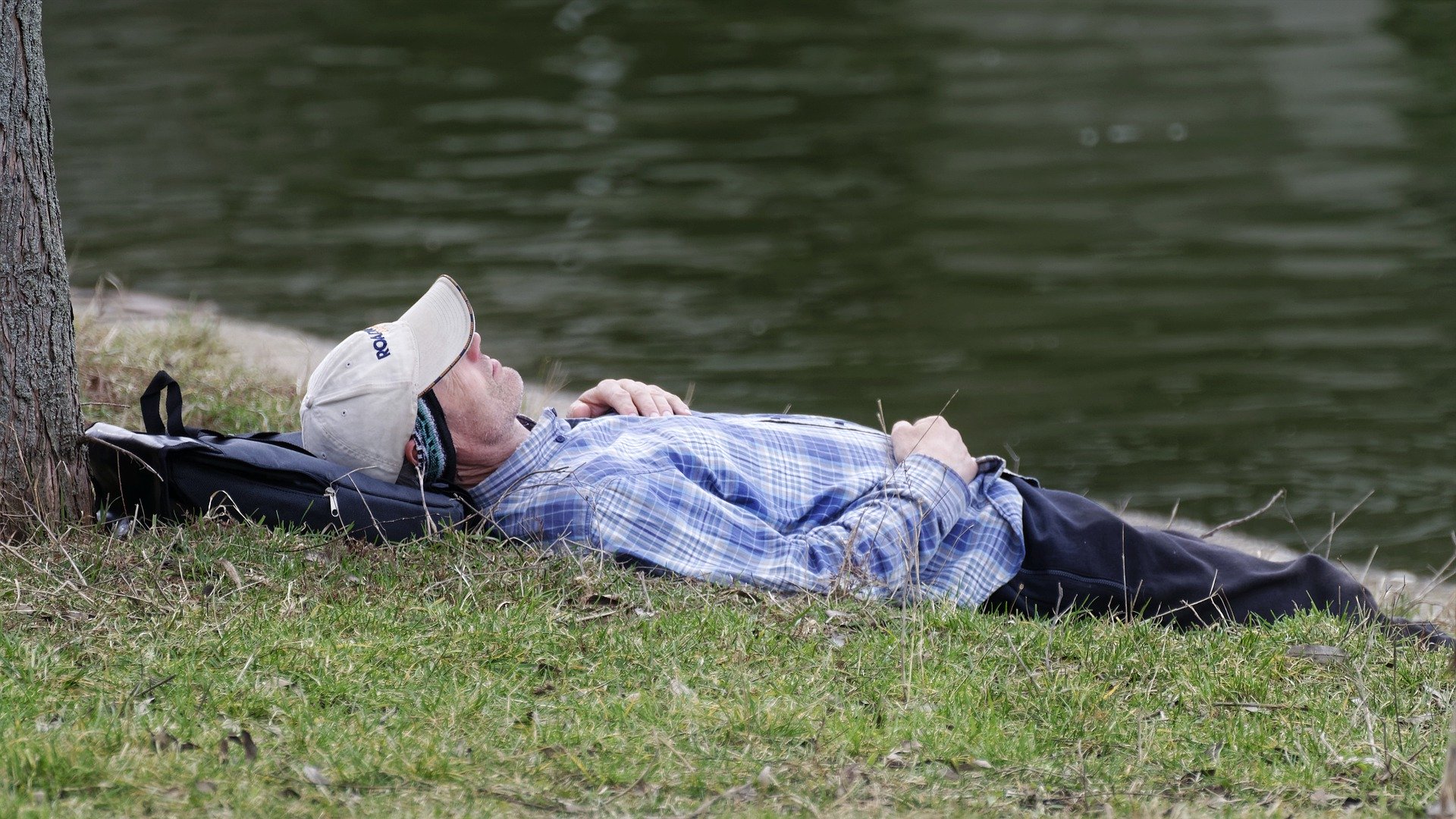The verdict is out: sleep does aid in losing weight, but not in the way you may think. The pretty obvious formula for an overall significant amount of weight lost consists of a proper diet and consistent exercise. But if you’re already doing this and still can’t seem to see the difference, it might be because of your lack of sleep. Generally, our sleep needs differ from person to person, but the recommended amount of sleep we should get should be between 7 to 9 hours per night.
Proper sleep actually fights of a lot of things, like excessive weight gain, irritability, stress. They all go hand-in-hand with each other and sets a cascade of different events which eventually leads to weight gain. Let’s start with the obvious: the less sleep you get, the less energy you have. Exercising feeds on your energy to be able to execute these exercises, and of course to be able to do any exercise at all. Less physical activity means fewer calories are being burned. Without the sleep and energy you need for energy-driven motions, you’re putting your body at risk for not only performing poorly but also keeping that unwanted fat stagnant. Growth hormones also depend on sleep to be able to do any muscle building and repairing. The more muscle you have, the higher the metabolism. Not getting enough sleep could really affect the way our bodies burns calories.
Our resting metabolic rates (RMR) is the number of calories our bodies burn when we’re completely at rest, which are usually affected by our age, weight, height, sex and muscle mass. Studies suggest that sleep deprivation tends to lower the RMR. Which in turn connects to the way our bodies build muscles. Poor sleeping patterns can cause muscle loss. This is because muscle burns more calories at rest than fat does. When these muscles are lost, the RMR decreases.
One hormone that spikes in the morning to provide our necessary energy for the day is cortisol. This hormone usually reduces during the night time, encouraging us to sleep. When we have poor sleep habits and our stress is in a higher state, cortisol actually remains elevated. Stress affects sleep, and sleep affects stress.
Another is that staying awake until later leads to wanting an unnecessary snack or two. People that don’t get enough sleep may more likely have a boost in appetite or craving because the body needs more energy to stay awake. Another thing that not enough sleep causes is hormonal imbalances. Because of these imbalances, we’re more likely to feel hungry when we really don’t need to eat. The appetite hormones like leptin and ghrelin are made the most during our sleep, which means that the more we are awake, the more insatiable these are. More often than not, this leads us to consume more than enough than we need, thus leading to weight gain.
Poor sleep can also put our bodies at risk for insulin resistance. Insulin is actually a hormone that is responsible for removing sugar from our bloodstreams into our body’s cells to be used as energy. When our cells because resistant to this, more sugar remains in our bloodstreams and our bodies actually produce more of this hormone to compensate. The excess of this hormone makes us hungrier and basically commands the body to store more calories as fat. This is the most risky factor our lack of sleep can contribute, because insulin resistance is a gateway for not only weight gain, but also type 2 diabetes.
So while sleep does not necessarily help you drop 10 pounds a week, it proves to play a major role in how you lose weight. If you’re not unnecessarily staying up and actually have trouble sleeping at night, the best thing to do first is to consult a medical professional to rule out any problems that might need treatment or medication. Once these are ruled out, it may possibly be connected to high levels of stress and even your lifestyle. There are many things that affect sleep, and there are also a number of things to try to improve these sleeping habits.
First, prioritize relaxing and doing things that are more calming during the evening so they can help your body wind down and find rest. Avoid stimulating activities like watching TV shows that may hype you up or cause an increased heart rate (violence, action, horror and the likes). Avoid also using your gadgets like laptops, tablets and phones when trying to find sleep because of the blue light this may give off makes it harder to sleep. Reduce drinking caffeinated drinks a couple of hours before bed and finish your meals two to three hours before hopping into bed. Also make sure that your body is getting enough stimulus and activity during the day, because lack of this could also be contributing to being unable to sleep.
[/et_pb_text][/et_pb_column][/et_pb_row][/et_pb_section]